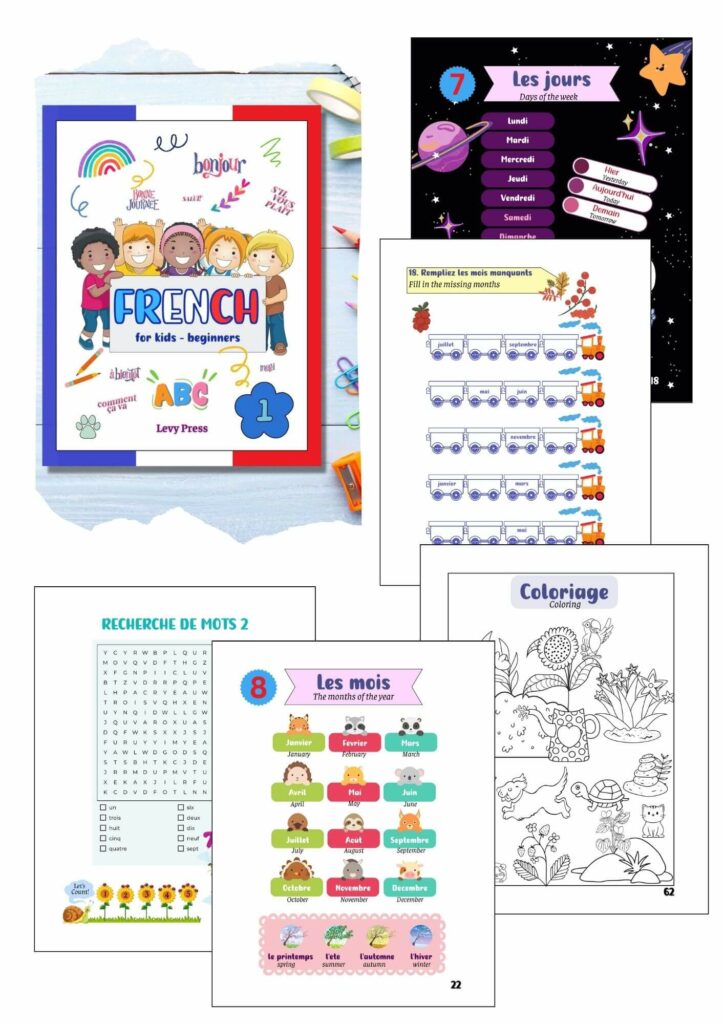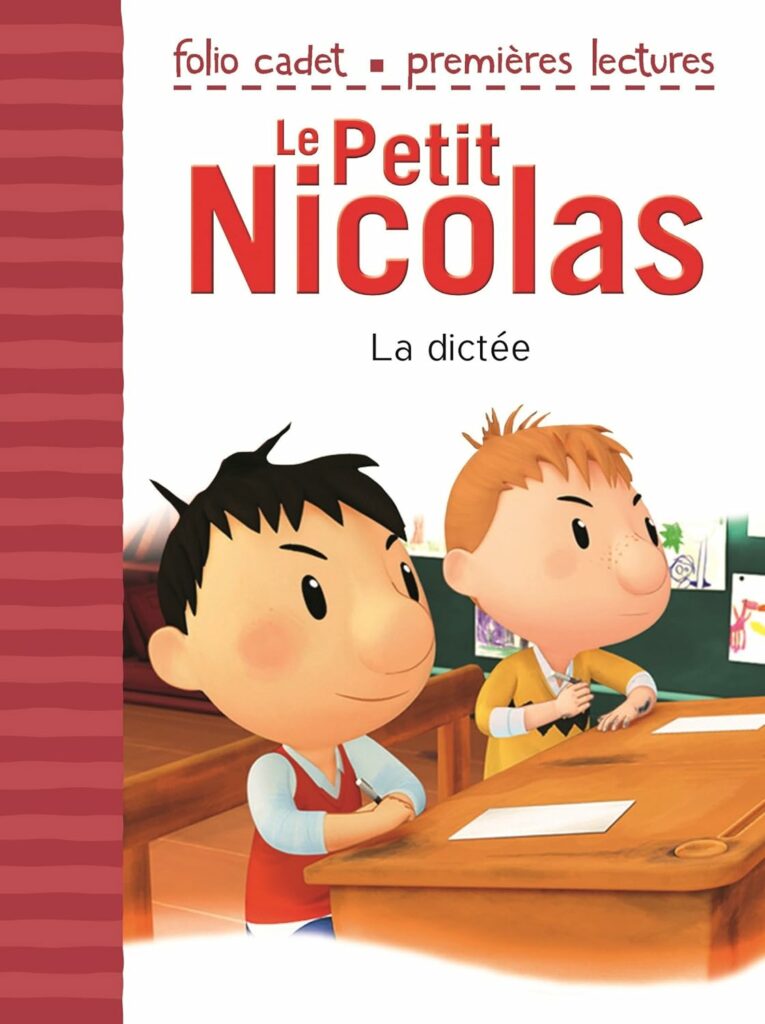
What are the best tips for learning French? This is a question I’ve received from individuals of all ages and backgrounds. Many times, I attempted to figure out the ideal technique to study for everyone. Until I understood I had no solution other than learning the method that works for you. We’ve all spent many years in school, studying for many hours, and most likely developed a strategy that works for us.
I have a photographic memory and have discovered that writing and reading are the greatest ways to learn a language. This is how I was taught in school, and it was still effective when I opted to study English as an adult.
Note: Affiliate links may be used in this page. I may receive a small commission at no extra cost to you if you use my affiliate link. Full disclosure policy here.

Where to start from the tips for learning French?
1. The 8 most important rules:
a. The gender of nouns
French has two genders (masculine and feminine) but not only for people, for everything around you. Every object, every animal, everything has a gender. Because of this, when studying vocabulary, always study vocabulary with an article in front (un – une and le – la).
b. Plural nouns
The plural of nouns in French isn’t pronounced. We can distinguish the difference between singular and plural nouns by the article in front (les – des) and by the conjugation of the verb.
c. Pronouns “On” and “Nous”
In French, we use a subject pronoun that doesn’t exist in English. On is the equivalent of nous (we) but it is conjugated like he or she, as a singular pronoun. On is the casual nous, nous being more often used for formal speaking and writing.
d. Pronouns “Il” and “elle”
Everything in French has a gender, therefore, the neutral doesn’t exist. Only “il” (he) and “elle” (she) is used for everything and everyone.
e. Silent letters
As you will see in the pronunciation videos, written French and spoken French look like two different languages. The main reason is because French has a lot of silent letters. We will see them in the pronunciation lessons.
f. The sounds
French has a lot of specific sounds made of 2 or more letters. While in English most letters are pronounced individually, French uses specific sounds for each letter combination.
g. The liaisons
A final note about pronunciation is the liaisons. When hearing French, you might think that some sounds appear out of nowhere between two words. This is what is called “une liaison”. We use them to have a better flow of pronunciation.
h. The verbs “être” and “avoir”
Être (to be) and avoir (to have) are the 2 most used French verbs. The biggest problem comes from their uses in simple situations such as saying that you are hungry or even telling your age. While English uses «to be» to talk about most things about yourself, French uses the verb «to have» – To have hunger, to have 34 years old, etc.
2. French pronunciation
The first thing that you should study is pronunciation. Written French and spoken French are like two different languages.
Learning the pronunciation rules, how the spelling impacts the pronunciation and vice versa, will give you a great foundation. You will be able to connect spoken French and written French. Do not pass up this opportunity to make your French learning easier.
3. French grammar and conjugation
French grammar and conjugation are 2 different matters.
French conjugation refers to the variation in the endings of French verbs (inflections) depending on the person (I, you, we, etc), tense (present, future, etc) and mood (indicative, imperative and subjunctive). It is a part of French grammar.
a. What verbs and what tenses to study?
The 10 most important verbs are:
– Être – To be
– Avoir – To have
– Faire – To do / To make
– Aller – To go
– Falloir – To be necessary
– Mettre – To put
– Vouloir – To want
– Pouvoir – To be able to
– Devoir – To have to
– Dire – To tell / To say
b. What tenses to study?
They are many tenses in French but here are the ones that you will use and encounter most:
– Le présent de l’indicatif – The present tense
– Le passé composé – The perfect tense
– L’imparfait – The imperfect tense
– Le passé récent – The recent past
– Le futur simple – The future tense
– Le futur proche – The near future
– Le conditionnel présent – The present conditional
– L’impératif – The imperative
– Le subjonctif – The subjunctive
– Le subjonctif passé – The past subjunctive
– Le plus-que-parfait – The pluperfect
– Le futur antérieur – The future perfect
– Le conditionnel passé – The conditional perfect
– Le participe présent et le gérondif – The present participle and gerund
– La voix passive – The passive voice
In the second part of this self-study guide (grammar and conjugation), I will walk through all the tenses you need to learn.
4. French vocabulary
Vocabulary is a very specific subject. You should always study French by word families, this will multiply your vocabulary in no time!
How to learn vocabulary?
This is a very personal question and I have a very personal answer. It all depends on the words you use daily. By following all the lessons from this self-study guide, you will learn a lot of vocabulary. Simply add to this knowledge by being curious and asking yourself how would I say that in French? Do I know the word for this in French? You are in the best position to know what words you know and what words you use.
5. French listening practice
You should spend a lot of time listening to French. The best way is to listen to an audio and repeat at the same time.
Are you thinking of learning French with chatgpt? Why not? Discover our suggestions for this new way of learning French and best French language learning resources.


